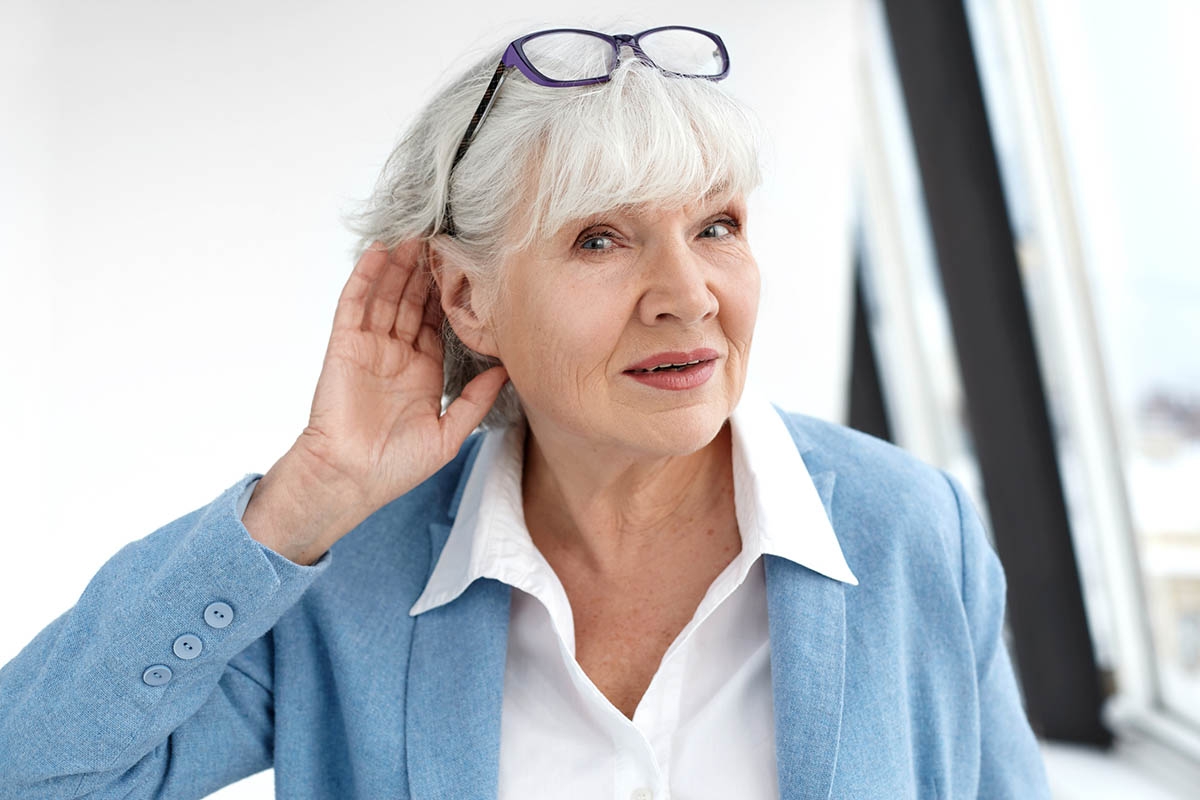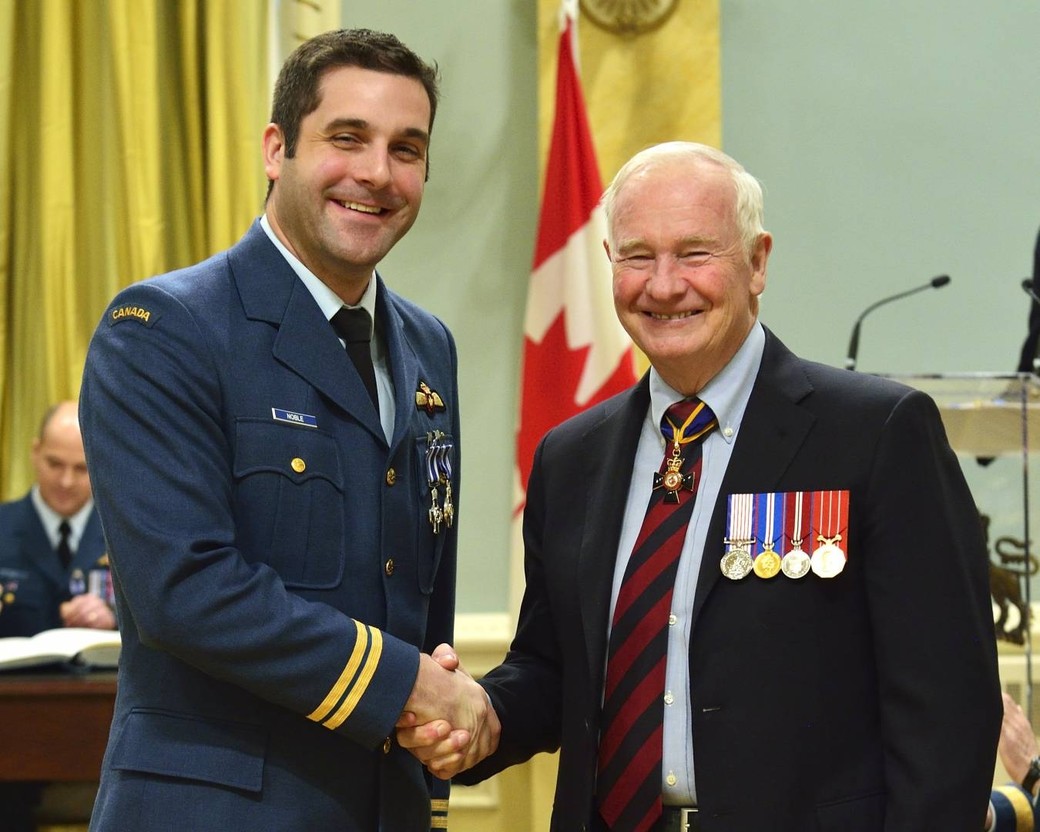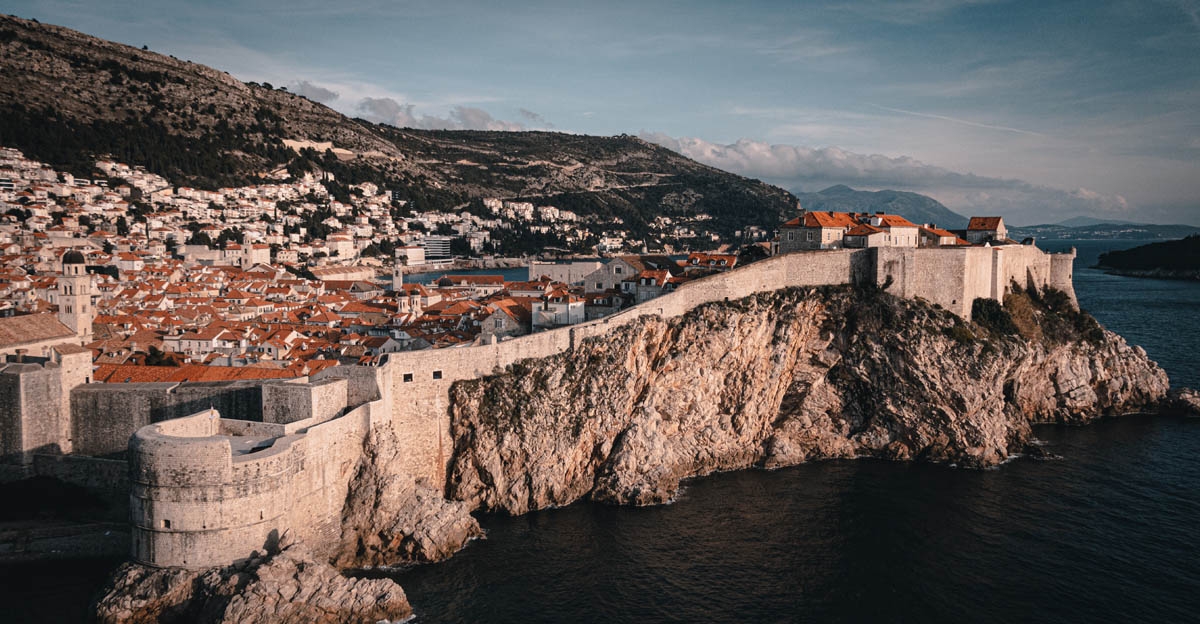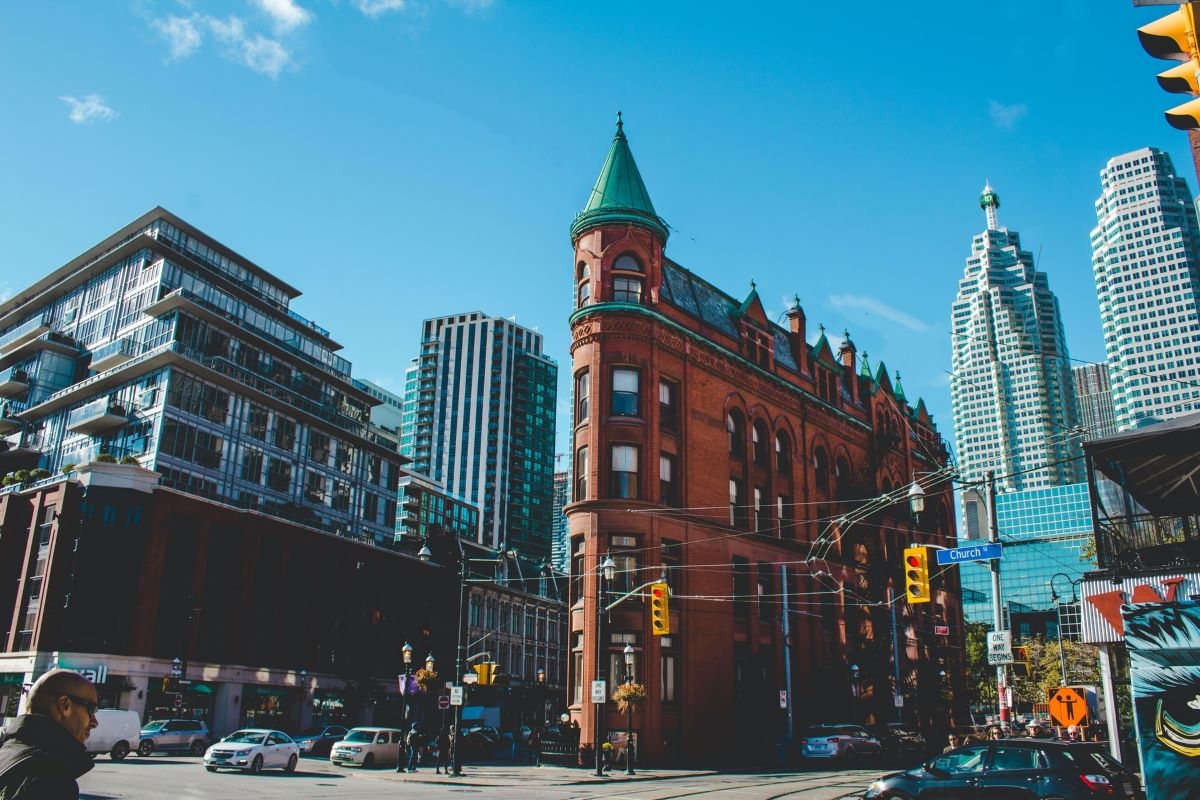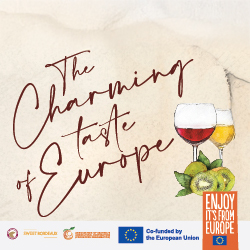
The Future of our Planet is Now: Q&A with Dr. David Suzuki
Award-Winning Scientist, Environmentalist & Broadcaster Dr. David Suzuki has just released his latest book The Legacy: An Elder’s Vision for our Sustainable Future. OLM had the chance to sit down with the man Margaret Atwood calls a Canadian landmark.
OLM: In your book, you explain that it was your love of nature that drew you to study science. Have you been able to maintain your wonder, awe and passion for nature while still remaining objective for science?
DAVID SUZUKI: It’s a difficult balancing act. For example, tomorrow I’m leaving for our cabin on an island and it’s our retreat. Even there, with what we consider paradise, when we first got it 25 years ago, we could go out and catch lingcod and rock cod anytime. Now, we stopped fishing for them because we feel guilty if we catch them. We have a grandson who is a year old and taking him down to the beach and seeing him respond to the magic of sand or a clam shell or a baby crab, is rekindling, for me, that wonderful experience and joy of seeing the world as a magical place. It’s my grandchildren who have kept that fire going, but of course there’s the reality that they can’t look forward to a world that I took for granted when I was their age. It’s a bittersweet world.
OLM: You talk about the younger generation becoming more involved in environmentalism. Do you think the world’s elders (senior population) are imparting enough of their wisdom upon the younger generations?
DAVID SUZUKI: It varies from culture to culture. I really became aware of the role of elders when we began to work with First Nations communities across British Columbia. Even in those communities with enormous health problems and so on, the elders are like rock stars in the communities. When you talk to any of the leaders, within a few minutes they will all refer their decisions back to the advice they are getting from elders. When we started the David Suzuki Foundation 20 years ago, we wanted to have something like that — older people sharing their experiences with the younger people. We set up a council of elders and I thought they would come in, sit and drink coffee but it turns out we’re too busy. We don’t have a place for them. To their credit, the elders have come here year after year, trying to find something they can do usefully and now they have suddenly caught fire and organized a very successful conference last year.
The council of elders is trying to find ways to begin to communicate the way the world was when they were younger that is relevant today. For example, our elders grew up in a world where ‘disposable’ was not a word even used. Communities and families were much stronger, we did things together. I’m really very worried because reports just came out in Canada that our kids are spending seven hours a day with electronic games, TV, iPods, text messaging and spending less time outside. They don’t even play in the yard! It’s worrying because you get caught up in a world that’s not the real world. There’s now Nature Deficit Disorder and a whole spectrum that starts with obesity and attention deficit problems that can be related right back to the lack of experience in nature.
OLM: You argue that humanity needs to reengage with the earth and come up with solutions for protecting it. How can people do this? What role can Aboriginals play?
DAVID SUZUKI: They have certainly been my biggest teachers. I think what we have to do is cast off the world we have created now because it blinds or prevents us from seeing the opportunities and new story. I think it is a world dominated by economics, our current political system and our current corporate ideas. As long as we’re stuck in the same economic paradigm, then our prime minister can say, in all seriousness, that we can’t do anything about climate change because it will destroy the economy. That is a lie because there are lots of countries that have reduced their greenhouse gas emissions tremendously without destroying their economies, Sweden being the notable example. The whole idea that we can raise economics above the things that keep us alive is just crazy. We have to realize the economy is a human-created thing and if it’s not working well, we can change it. John Stewart of The Daily Show pulled clips of speeches given by Ronald Regan, George H. W. Bush, Richard Nixon, Bill Clinton, George W. Bush, all saying the same thing — we have a problem of addiction to energy, we need to live within our own means. They all said it, but they didn’t do anything — why? The fossil fuel industry, auto sector are so powerful, the minute you start saying we’re going to reduce our energies, they start yelling and screaming and politicians can’t resist that. We’re bound by current ideas of economics and politics that prevent us from acting.
OLM: What was achieved at the Professional Institute of the Public Service of Canada’s Science Policy Symposium you attended in Gatineau in May with other speakers including Stephen Lewis and Preston Manning? How can science better serve Canadians and become more of a “public science”?
DAVID SUZUKI: I think that as long as science remains something that most people don’t understand or pay attention to — we’re in deep trouble. In the 1970s, I was part of a group who did a survey of politicians in Ottawa and I don’t think it’s changed at all since then. We found that over 70 per cent of our politicians, especially in the cabinet, came from business and law and that’s not surprising. We gave a test of simple terms and ideas in science to 50 Members of Parliament — it was business people and lawyers who scored absolutely rock bottom. They are scientifically incompetent and yet they are going to have to make decisions about whether to do research in outer space, deforestation, global warming, ocean acidification and depletion of soils – all involving science.
If they are scientifically illiterate, how are they going to make informed decisions? That’s why I began my career in science. We’ve got to have a public that takes science seriously because then the politicians will have to take it seriously. Because climate change has become a major issue, right-wing groups have begun to say climate change is “junk science” and saying scientists are covering things up. This is absolute nonsense and the public has less and less confidence in science. Who will we listen to?
OLM: The Arctic is one of the greatest indicators that climate change is occurring at a rapid rate. How do you feel about the National Energy Board’s standards — are they high enough regarding off shore drilling?
DAVID SUZUKI: They’re just rubberstamps for the industry. I think the shocking thing is that very soon after the Gulf spill happened, our leaders, including Jim Prentice, and people in Alberta, started saying: “See? That’s why we have to take the Tar Sands oil because it’s safer.” So, because of this disaster, they’re using it to promote the dirtiest oil on the planet as an alternative. This is really crazy. There are much deeper wells being drilled off Newfoundland and they’re talking about drilling in the Arctic. If a spill like that happens, it will be absolutely catastrophic and we’re not learning the right lessons from that. The real challenge is if we want to have a sustainable society, even if we continue to drill all over safely, oil is going to run out. We’ve got to go to a sustainable energy future and that is renewable energy like geothermal, wind and solar and the other options that exist. The big problem is that we’ve only depended on oil for 100 years or so, before that, we depended on coal and wood. When you say we have to get off oil, all of these vested interests start to scream, saying we will lose jobs and they’re way too overwhelming.
OLM: Should the European Union ban Canadian seal products as it does exempt products harvested by the Inuit? The Inuit argue their trade has still been ruined by the ban even with this exemption.
DAVID SUZUKI: I think there has been an acknowledgement that people living traditionally should be allowed to continue their ways. Even organizations like Greenpeace have backpedalled heavily in their fight to stop all use of furs. I don’t see the Newfoundland sealing as sustainable or even necessary but as far as the Inuit, they have been doing it for countless generations and they are right – their animals are disappearing. The reality is that the Inuit are not living traditionally on the land the way they once did 100 years ago – they have skidoos, rifles, heated homes and paraphernalia. They cannot be supported just by the fur trade. They fought for 20 years on the impact of climate change because they can see the impact on their way of life. Now of course, they are seeing it’s not coming, it’s happening and there are opportunities opening up for them. Now the ice sheets are melting and we are finding minerals there and oils in the oceans. I don’t blame them for looking; they need a different revenue source.
OLM: As the ice melts and the Northwest Passage opens up, bordering countries are eyeing the potential for trade routes. Does climate change in the Arctic affect Arctic sovereignty?
DAVID SUZUKI: The international consequences of what is going on are enormous and that’s why you have other countries staking claims on islands close to us. There are going to be all kinds of border disputes and Canada hasn’t acted nearly resolutely enough to establish our sovereignty over the Arctic as we should. I think our biggest problem is the United States. When they sent the nuclear sub under the ice to the North Pole, that was a significant political act — they’re saying we’ve got the right to roam these waters and stake our claim. That will increase as we find more and more sources under those oceans that we will want to exploit. This is why I think the Circumpolar Inuit Group should be the ones to exert their claims to territory and they could then manage those territories in their traditional way. People need to understand that even if we drive a Prius and carry our cloth bags — all that does is slow down our negative impact on the environment. The big changes are going to change the way we live and they’re not going to be easy. People better face up to it. Think about your children and grandchildren and the kind of world we’re leaving them, realize we’ve got to act. If not, we deserve the fate that we’re heading for.

